Currently there are over 205,000 registered clinical trials underway throughout the globe. In 2016 over 14,000 new trials were initiated and we thought it would be useful to look at the top drugs under investigation for the year just past.
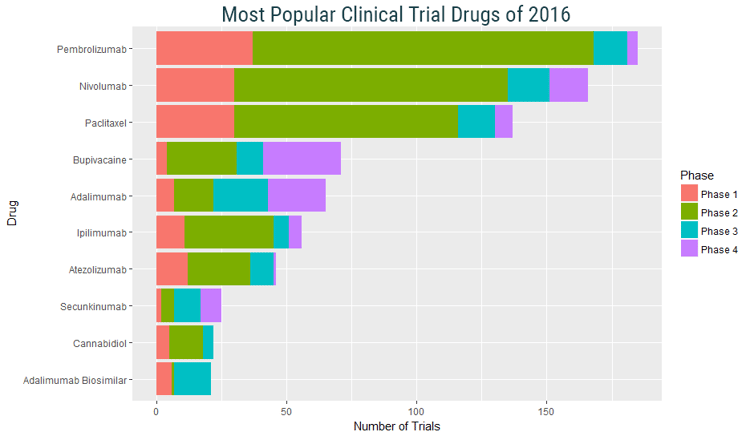
Pembrolizumab
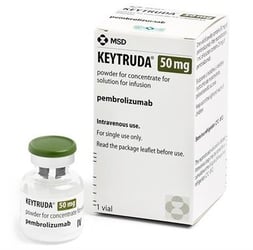
Pembrolizumab, trade name Keytruda is used in cancer immunotherapy. It was invented by Gregory Carven, Hans van Eenennaam and John Dulos at Organon circa 2005/6. Organon was subsequently acquired by Schering Plough in 2007, which was then purchased by Merck in 2009. Pembrolizumab was first approved by FDA in September 2014 for the treatment of melanoma in patients who carry the BRAF mutation. Approval by EMA followed in July 2015, with further FDA approval for the treatment of metastatic non-small cell lung cancer and metastatic head and neck squamous cell carcinoma. In May 2017, pembrolizumab received FDA approval for any un-resectable or metatstatic solid tumor with certain genetic qualities regardless of the tissue type or site of the tumor, a first for FDA.
Nivolumab
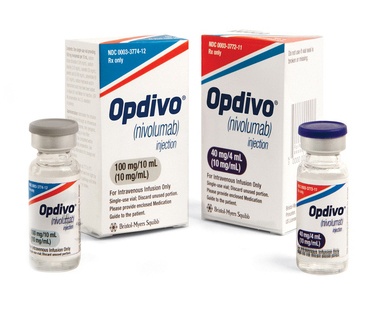
Nivolumab, a PD-1 inhibitor was originally created by scientists at Medarex. The company was acquired by BMS in 2009 for $2.4 Billion. Marketed by BMS as Opdivo, Nivolumab received FDA approval for the treatment of melanoma in December 2014 and EMA approval for the treatment of metastatic melanoma in April 2015. Since then, Nivolumab has received FDA approval for the treatment of squamous cell lung cancer (March 2015) and a second line treatment nod for renal cell carcinoma (Nov 2015). Most recently it has received FDA approval for the treatment of classic Hodgkin lymphoma in patients who have relapsed or progressed after auto-HSCT and post transplantation brentuximab vedotin.
Paclitaxel
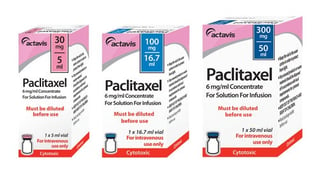
Discovered by National Cancer Institute researchers in 1971, Paclitaxel is a natural product derived from the bark of the pacific yew tree. The compound known as Taxol was subsequently developed commercially by BMS. Paclitaxel is in the taxane family of medicines. It works by interference with the normal function of microtubules during cell division. WHO has listed Paclitaxel on its List of Essential Medicines. These are the most effective and safe medicines needed in a health system. Paclitaxel is approved for the treatment of ovarian, breast, lung, bladder, prostate, melanoma, pancreatic and other types of solid tumor cancers.
Bupivacaine
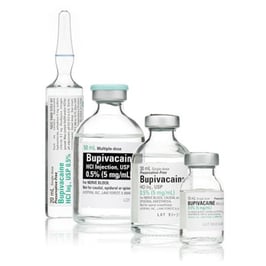
Bupivacaine was originally discovered in 1957 and is widely available today as a generic medication.
It is a local anaesthetic of the amide group and is the most commonly used local anaesthetic in epidural anaesthesia during labour as well as in postoperative pain management. Durect Corporation has currently completed a phase III trial for its post-surgery biodegradable, controlled-release bupivacaine drug delivery system.
Adilimumab (& adalibumab biosimilar)
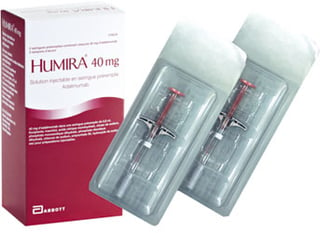
Sold under the brand name Humira by Abbvie, adalimumab is used to treat conditions such as rheumatoid arthritis, psoriatic arthritis, ankylosing apondylitis, Crohn’s disease, ulcerative colitis & chronic psoriasis. The name Humira stands for Human Monoclonal Antibody in Rheumatoid Arthritis! Adilimumab is a TNF-inhibiting anti-inflammatory, biologic medication. From 2012-2016 it led the list of top selling pharmaceuticals and in 2016 had global sales of US$16 Billion. In 2014, Indian drug-maker Cadila Healthcare launched the first adalimumab biosimilar under the brand name Exemptia and since then other biosimilars have been launched by Torrent Pharmaceuticals and Amgen.
Ipilimumab
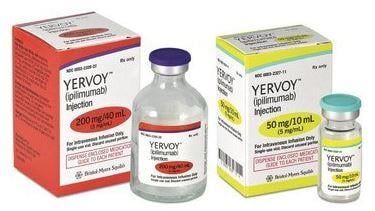
Ipilimumab (Trade Name: Yervoy) is a monoclonal antibody that works to activate the immune system by targeting CTLA – 4, a protein receptor that downgrades the immune system. Cytotoxic T Lymphocytes (CTL’s) can recognise and destroy cancer cells. But an inhibitory mechanism interrupts this destruction. Ipilimumab turns off this inhibitory mechanism and allows the CTL’s to function. Clinical development of Ipilimumab was initiated at Medarex, which was subsequently acquired by Bristol-Meyers Squibb. In March 2011 Ipilimumab was approved by FDA for the treatment of late-stage melanoma that has spread or cannot be removed by surgery. It received further approval in 2015 for use as an adjuvant therapy for stage III patients . Further trials are currently underway for use of Ipilimumab in the treatment of prostate, lung & bladder cancer.
Atezolizumab
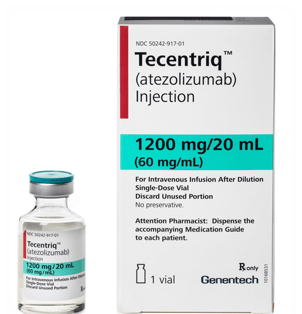
Given the trade name Tecentriq, Atezolizumab is a fully humanized engineered monoclonal antibody of lgG1 isotype against the protein programmed cell death-ligand (PD-L1). Genentech/Roche are investigating Atezolizumab as an immunotherapy for several types of solid tumors. In 2016, Atezolizumab was granted FDA accelerated approval for use in the treatment of locally advanced or metastatic urothelial carcinoma after failure of cisplantin-based chemotherapy, In late 2016, it received further FDA approval for the treatment of non-small cell lung cancer. However, in May 2017, Atezolizumab surprisingly failed a phase III trial for second-line bladder cancer. Roche continues to have an extensive clinical trial development programme for Atezolizumab with more than 30 trials ongoing at present.
Secukinumab
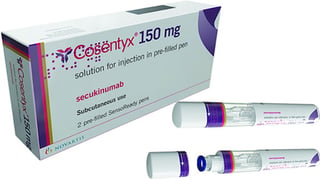
Secukinumab (Trade name: Cosentyx) is manufactured by Novartis for the treatment of psoriasis, ankylosing spondylitis and psoriatic arthritis. It specifically targets member A form of the cytokine family of interleukin 17, severely inhibiting its functioning. Secukinumab was originally intended to treat rheumatoid arthritis, but phase II trials yielded disappointing results. Novartis switched focus and undertook both the ERASURE and FIXTURE trials and each trial demonstrated the efficacy of secukinumab in patients with moderate-to-severe plaque psoriasis. Following publication of these positive results, secukinumab was approved by FDA in January 2015 for the treatment of plaque psoriasis, while approval for the treatment of ankylosing spondylitis and psoratic arthritis followed in January 2016.
Cannabidiol
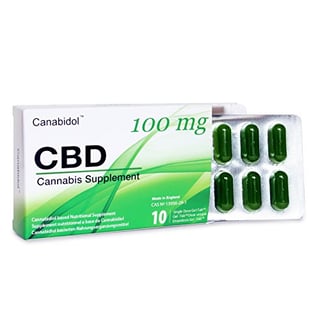
Cannabidiol (CBD) is one of at least 113 active cannabinoids identified in cannabis. CBD does not appear to have any intoxicating effects such as those caused by THC in marijuana, but it may have certain anti-psychotic effects as well as positive effects on anxiety. GW Pharmaceuticals is currently seeking FDA and EMA approval to market a liquid formulation of pure plant-derived CBD under the trade name Epidiolex as a treatment for Dravet syndrome, a rare form of epilepsy that is difficult to treat. In March 2017, it was announced that Epidiolex was granted fast-track (Orphan Drug) status by both FDA and EMA and is in late stage trials following positive early results.
Here is some other content from Statsols you may interest you. Common Clinical Trial Design & Sample Size Calculation Mistakes to Avoid is a helpful white paper that highlights some common clinical trial design and sample size calculation mistakes to avoid. Referenced from the E9 Statistical Principles for Clinical Trials found in the FDA Guidance for industry.




























No Comments Yet
Let us know what you think